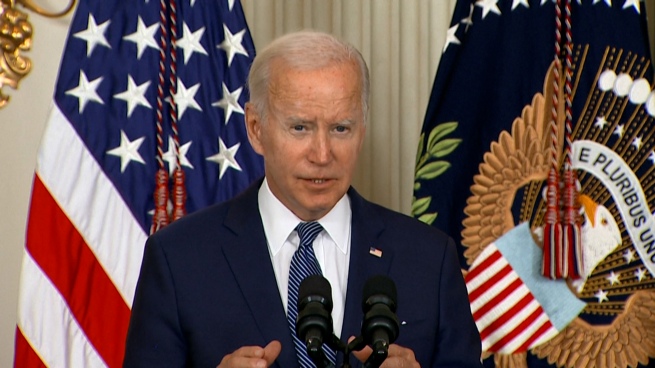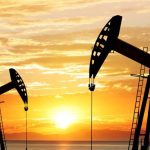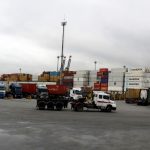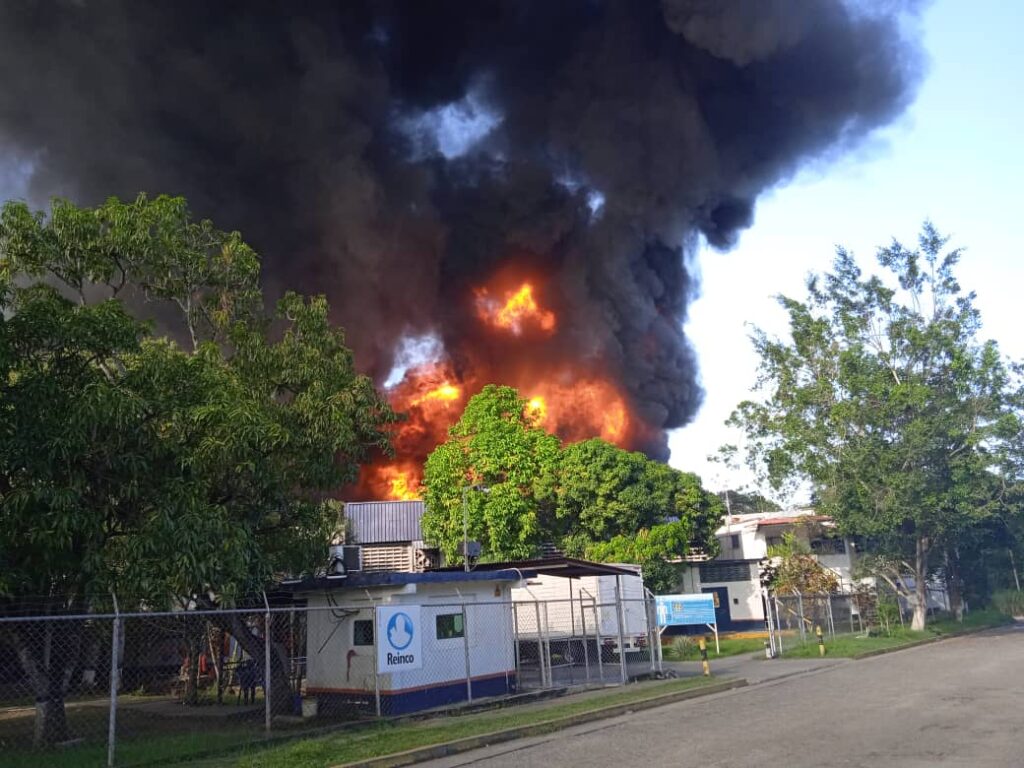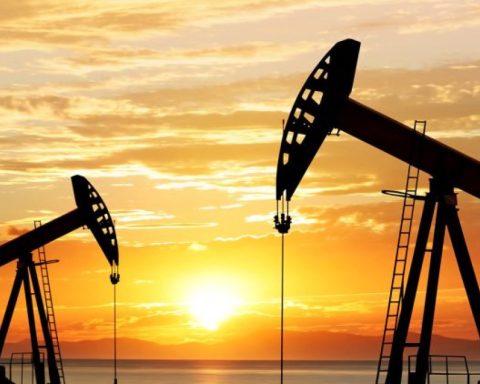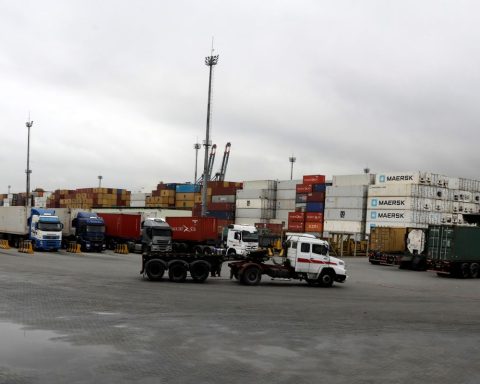So discredited is President Joe Biden that this Wednesday the 17th, even the Democratic press itself only published in lower lines the promulgation of the new law on climate, health care and taxes (IRA, for its name in English) that provides for a investment of 370 billion dollars for the ecological reconversion of the North American economy. With a combination of tax incentives and penalties, the measure attempts to relaunch production and consumption by redirecting them towards sustainable technologies. However, the surreptitious hand of the strategists of the uninterrupted war could not be absent: the law contains protectionist provisions that break transnational production chains -especially those of the automotive industry- closing the market to Chinese lithium batteries. The fight between the powers for the appropriation of white gold will intensify, with global consequences that will seriously affect Argentina.
President Joe Biden signed into law on Tuesday the 16th the law to fight inflation, known as the IRA.
“With this law, the American people won and the special interests lost,” Biden said this Tuesday, the 16th, during the ceremony at the White House in which he sanctioned the IRA. The president presented the new law as a historic opportunity to combat climate change and improve the lives of Americans. He ticked off a list of provisions that he said would accelerate the country’s clean energy push, lower healthcare costs and revive the economy.
The package caps prescription drug prices and imposes a new tax on big business. The legislation is also expected to reduce the federal deficit, a measure that Democrats have presented as key to curbing inflation. The House of Representatives approved the bill on Friday in a vote of 220-207, days after the Senate voted 51-50 thanks to Vice President Kamala Harris breaking the tie. The passage of the law marked one of the biggest legislative successes for the Democrats in this session, just before the elections next November.
The Inflation Reduction Law introduces incentives for private companies to produce more renewable energy and for households to transform their energy consumption. The rule also allows Medicare to negotiate the price of prescription drugs and expands health insurance subsidies for millions of residents. To finance these measures, new taxes were created on the largest companies in the country. It also gives the (vastly underfunded) Internal Revenue Service the largest budget increase in its history, which would allow it to effectively fulfill its oversight mission.
The new law includes tax credits for clean energy development, credits to promote energy efficiency in homes and buildings, and a series of measures to limit the release of methane from oil and gas operations. However, the text links the development of clean energy on public lands and waters with the continuation of the extraction of fossil fuels and requires the Department of the Interior to auction more parcels in the Gulf of Mexico for drilling. These provisions were introduced to win the support of Senator Joe Manchin (Democrat) of West Virginia (an area of great coal production), who earlier withdrew his support for a more ambitious project that thus failed.
As you know, the devil hides in the details. Under the IRA, to qualify for tax relief, manufacturers of new electric vehicles (NEVs) must complete their assembly in the United States and source a significant percentage of the main battery components, including metals such as lithium, nickel and cobalt, in the country or in countries with which it has free trade agreements. Now China, the world’s largest producer of these vital components, has no such contract with the United States.
“Most of the conditions linked to the subsidies for car manufacturers stipulate the assembly places of new electric vehicles, but it is rare that they also mention the places where minerals and battery units must be processed. This overreach leaves laid bare the intention to suppress the entire high-tech industrial chain in China,” Feng Shiming, an auto industry analyst at Shanghai-based consultancy Menutor, told the Global Times on Tuesday. Feng said that the US offensive contrasts with China’s industrial policy, according to which all new electric vehicle manufacturers, regardless of their origin, such as Tesla, are entitled to receive industrial subsidies as long as they comply with legal standards.
China fears that the US will repeat with lithium cell and battery producers the repression it exerted against solar panel manufacturers in the autonomous region of Xinjiang, in the northeast of the country, whom Washington accused of subjecting their workers to “forced labor” as an excuse to exclude them from the North American market, Lin Bochiang, director of Xiamen University’s Energy Economics Research Center, told the Global Times on Tuesday. For his part, Gao Lingyun, of the Chinese Academy of Social Sciences in Beijing, also declared on Tuesday to the unofficial body of the Chinese government that behind the slogan of “fighting inflation” the new law expresses the consensus between Democrats and Republicans to stifle Chinese technological rise. However, “discriminatory rules also put the US at risk of violating WTO rules,” Gao said.
Rather, in a statement following the IRA’s passage in the Senate on Friday, US Trade Representative Katherine Tai said that “with this legislation, the CHIPS Act, the Science Act and a host of Executive Actions The US is in a stronger position to maintain our global competitive advantage for years to come.”
Haiku, in south China’s Hainan province, hosted the New Energy Vehicle (NEV) fair last Friday. Nearly 300 new energy vehicles and smart interconnected vehicles are on display at the fair. Officials said China will increase the share of the NEV sector to 20% of total new car sales by 2025.

In reality, industry observers are not so optimistic. According to some of them, the new law could inflict great harm on the US as well as the global NEV industry and further increase its inflation, while its power to affect Chinese NEV manufacturers is “negligible and It’s out of control.” According to a report on the industry website, autosinnovate.org, currently 70 percent of the 72 electric vehicle models for sale in the US market would not be eligible for subsidies. Practically none could access the financial incentive, because they include a high percentage of imported parts. “This is a missed opportunity at a crucial time that will jeopardize our collective goal of achieving 40-50% electric vehicle sales by 2030,” said John Bozzella, president and CEO of the Alliance for Automotive Innovation, in a blog published on the alliance’s official website on August 5.
Coincidentally, a Fortune report citing Simon Moores, executive director of lithium market analyst Benchmark, reads that “it is almost impossible for any Alliance country to fill China’s raw material gap for lithium by 2024.” NEV demand in the US”. Leading Chinese battery manufacturers such as CATL and BYD together account for about half of the global market share. For US, European, Japanese and South Korean automakers such as Tesla, BMW, Toyota, Kia and Hyundai, cutting ties with Chinese suppliers means increasing costs by “a significant percentage,” Feng said. . And, while the US has put heavy pressure on its allies to unite them and exclude China from the global supply chain, analysts also predict that few companies would get on board, considering the increased costs it will bring. will imply.
For his part, a representative of a world-leading solar panel manufacturer told the Global Times on Tuesday that “we still have no plans to build a factory in the United States. Apart from subsidies, we have to assess the market situation and the resourcing,” he said, indicating that the company has to weigh whether these supposed incentives can offset the cost of building a new industrial chain in the northern country. “Relocation always comes with a huge upfront expense. For example, performance is key for battery manufacturing and it can take years of tuning and adapting to achieve a relatively high rate of return, not to mention building a supply chain.” supplying NEVs from scratch,” said Feng, while questioning whether the North American market is “big enough” to attract NEV makers. “It is undeniable that if foreign automakers move away from Chinese suppliers, their sales will fall, but that loss could soon be offset by the size and dynamics of the Chinese domestic market,” Feng warned.
It is also doubtful that these protectionist measures can be applied, given the US’s heavy dependence on Chinese components, its huge foreign debt, and severe domestic economic problems. In addition, Washington is characterized by the discontinuity of its policies due to competition between parties.
Everything indicates that, at least in this aspect of the IRA, the strategists of the confrontation with China have gotten involved. The former champions of globalism (the Clinton, Obama and co. clans) have suddenly decided to break the productive chains that link the world and are applying an untimely protectionist policy that harms the country itself more than the intended objective.
The lithium war between the great powers has broken out. The United States lacks white gold and China has only 20% of the mineral revealed on the planet, but the triangle formed by Argentina, Bolivia and Chile concentrates the largest world reserves. By hook or by crook they will come for him. Without the integration of the production processes between the three countries and the development of their own technologies that allow progress in the production chains of cells and batteries, we will be looted with impunity. A minor passage in a United States anti-inflation law is enough to seriously affect our future.
